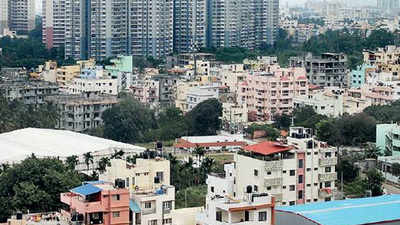The Times of India 18.09.2009
Pay for waste: Water may cost 50% more
According to information, the increase per unit for first slab (1 to 15,000kl) of domestic use has been proposed at Rs 3 against the current Rs 1.75, the second slab (15,001 to 30,000kl) from Rs 3.50 to Rs 5, third slab (30,001 to 60,000kl) from Rs 5 to Rs 7, and fourth (60,000kl and above) from Rs 6 to Rs 7. The charges for commercial supply have been proposed at Rs 15, from the current Rs 11.
MC commissioner Roshan Sunkaria said, ‘‘The proposed hike is almost by 50% and poor sections have been kept out of the loop.’’ Tagging conservation as the chief reason, Sunkaria said, ‘‘This hike is required as there is water shortage in the city. Besides, we are bound to act according to an agreement under JNNURM.’’
Explaining further, MC additional commissioner-cum-secretary P K Sharma said, ‘‘As part of the JNNURM deal, the Union government’s terms are very clear ‘ UT will get the grants only if we too generate resources to fulfil the water demand. Apart from that, the cost of generation, execution and maintenance of water-related works has gone up tremendously.’’ Sharma listed the overall increase in water tariff across the nation as another cause.
Not wishing to be named, a senior engineer told TOI, ‘‘Water level in Chandigarh is going down. As a result, most of the southern sectors are facing an acute shortage.’’
However, the move has left the political class cross. Congress councillor and chairman of water committee Ravinder Pal Singh Pali said, ‘‘This is totally unjust and we’re not aware of any hike. We will not allow this proposal to pass.’’ Former mayor Harjinder Kaur, a SAD councillor, said, ‘‘During the tenure of Congress-led MC, then mayor Surinder Singh had signed the JNNURM agreement with Centre without taking the elected body into confidence. Why should Chandigarh residents pay for the deficiencies of Congress. The city generates surplus budget, which is sent to Union government. Why can’t that money be used for this purpose’’’
BSP councillor Jatinder Bhatia suggested, ‘‘The civic body must find out a way to stop wastage. Then, it must penalize government departments or officials who have failed to clear huge water bills for years. Only after recovering the amount should the MC think of hiking water rate.’’

